Synthetic and Systems Approaches to Interrogate Spatiotemporal Processes in Cancer (May 15 Speakers)
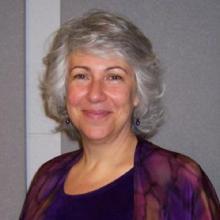
Keynote: Thea Tlsty
University of California San Francisco
https://cancer.ucsf.edu/people/tlsty.thea
Dr. Thea Tlsty earned her Ph.D. in Molecular Pathology at Washington University in St. Louis, MO and completed her postdoctoral training with Dr. Robert Schimke at Stanford University. Prior to becoming a Professor of Pathology at the University of California, San Francisco, she was an Asst. Professor of Pathology and member of the Lineberger Cancer Center at the University of North Carolina at Chapel Hill, NC. Dr. Tlsty is Director of the Center for Translational Research in the Molecular Genetics of Cancer, a Komen Scholar, an Avon Scholar and a AAAS Fellow. She is known for her research in genetic instability and stromal-epithelial interactions in tumorigenesis. Her breast studies have enabled the development of a risk stratification test to predict which patients with DCIS are at high risk for developing future invasive breast cancer and identifying those who will benefit from adjuvant radiation therapy (marketed by Prelude). This test is now approved for Medicare and Medicaid reimbursement as an Advanced Diagnostic Laboratory Test and is being used worldwide. Dr. Tlsty was awarded a 2019 Cancer Research UK Grand Challenge award to support a research project in collaboration with scientists from the UK, Canada, and Israel. The project has provided novel insights on how chronic inflammation contributes to cancer – independent of mutational capacity.
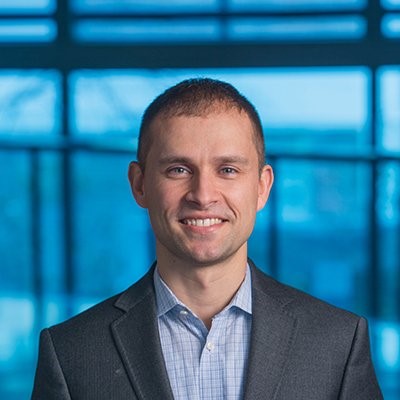
Meeting Co-Chair: Lukasz Bugaj
University of Pennsylvania
https://www.bugajlab.com/
Lukasz Bugaj is an Assistant Professor in Bioengineering. He earned his BSE in Biomedical Engineering at Johns Hopkins University. He then earned his Ph.D. in Bioengineering with David Schaffer at Berkeley, where he pioneered some of the first methods for light-activated 'optogenetic' control of mammalian cell signaling. He then completed a postdoctoral fellowship with Wendell Lim at UCSF, where he applied optogenetic technology to uncover functional signaling defects in cancer cells. The Bugaj Lab at Penn combines optogenetics and synthetic biology to understand and engineer biological control, including within therapeutic cells.
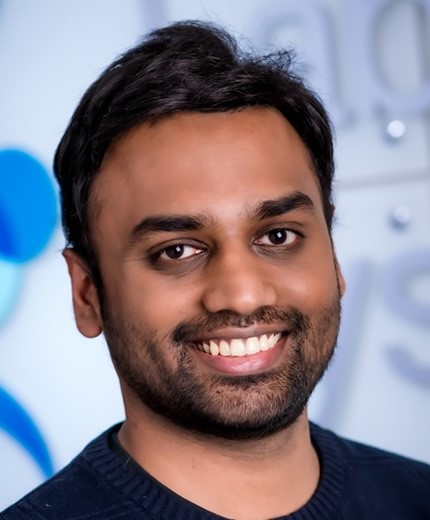
Meeting Co-Chair: Ajit Nirmal
Harvard University
https://nirmallab.com/
Dr. Ajit Johnson Nirmal is a Faculty at Harvard Medical School and Brigham and Women's Hospital. His research is focused on investigating the role of the tumor microenvironment on tumor progression and drug resistance. Dr. Nirmal utilizes spatial omics techniques and computational analysis to integrate large datasets to decipher the regulatory networks contributing to cancer development and drug resistance. Ultimately, he aims to establish personalized medicine frameworks that can provide clinically relevant therapeutic strategies tailored to individual patients.
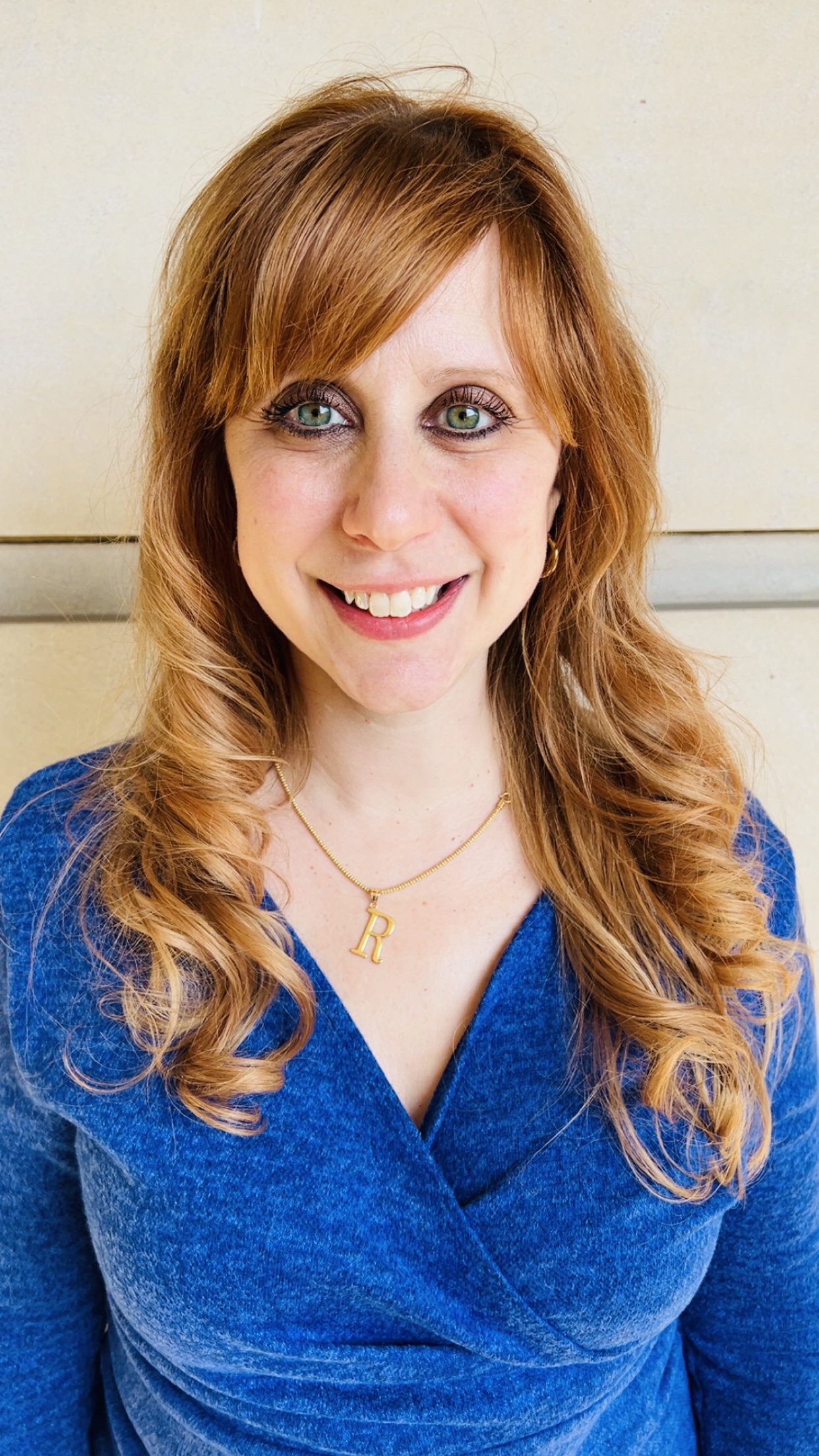
Tullia Bruno
University of Pittsburgh
https://www.immunology.pitt.edu/people/tullia-c-bruno-phd
Tullia C. Bruno, PhD, is an Assistant Professor in the Department of Immunology at the University of Pittsburgh and a faculty member in the Tumor Microenvironment Center and the Cancer Immunology and Immunotherapy Program at the UPMC Hillman Cancer Center. She obtained her Ph.D. in Immunology from Johns Hopkins in 2010 and completed her postdoctoral fellowship at the University of Colorado in 2015. While Dr. Bruno’s PhD training focused on inhibitory receptors on intratumoral T cells, she became interested in the role of B cells in the tumor microenvironment (TME) during her postdoctoral fellowship and has built her independent research program around understanding intratumoral B cell function within tertiary lymphoid structures in multiple human cancers. Given her work on TLS, she has become nationally and internationally recognized in this space but also in thinking about the spatiotemporal dynamics of the tumor microenvironment via spatial imaging and transcriptomics.
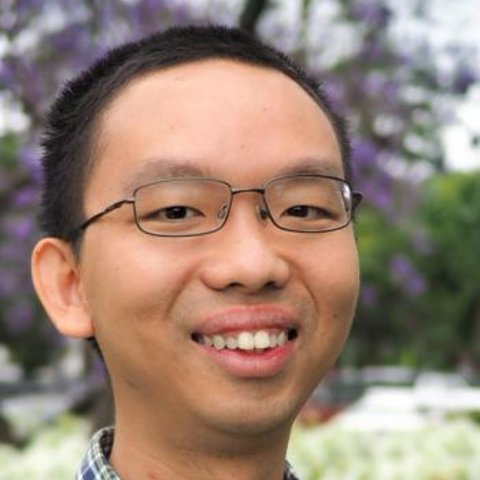
Xiaojing Gao
Stanford University
https://gaolab.blog/
Dr. Xiaojing Gao is an Assistant Professor of Chemical Engineering from Stanford University. He received a B.S. in Biology from Peking University and a Ph.D. in Biology from Stanford University. He received his postdoctoral training from Biology and Biological Engineering at Caltech. His lab tackles fundamental engineering challenges across different levels of complexity, such as (1) protein components that minimize their crosstalk with human cells and immunogenicity, (2) biomolecular circuits that function robustly in different cells and are easy to deliver, (3) multicellular consortia that communicate through scalable channels, and (4) therapeutic modules that interface with physiological inputs/outputs. Their engineering targets include biomolecules, molecular circuits, viruses, and cells, and their approach combines quantitative experimental analysis with computational simulation.
Relevant Publication: https://doi.org/10.1038/s41589-025-01872-w
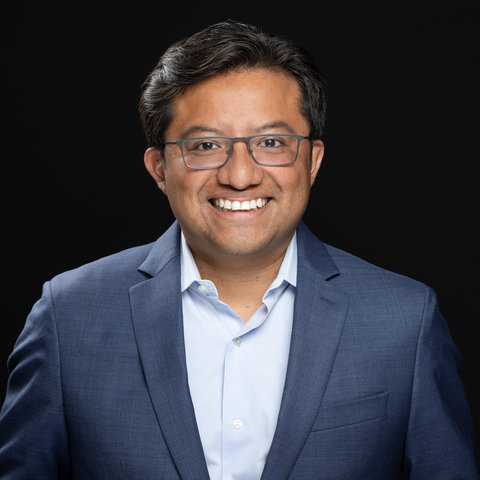
Rogelio Hernández-López
Stanford University
https://www.hl-lab.org/
Dr. Hernandez-Lopez is an Assistant Professor in the Departments of Bioengineering and of Genetics at Stanford University, a Chan-Zuckerberg Biohub Investigator and a member researcher of the Parker Institute for Cancer Immunotherapy. Rogelio received his Ph.D. in Chemical Physics at Harvard University where he worked on the mechanisms of the microtubule-based motors dynein and kinesin. During his postdoctoral research at UCSF, Rogelio was a fellow of the Cancer Research Institute and UCMEXUS. His work focuses on engineering novel T cell therapies for cancer treatment.
Relevant Publication: https://doi.org/10.1158/0008-5472.CAN-24-1959
Relevant Publication: https://pubmed.ncbi.nlm.nih.gov/33632893/
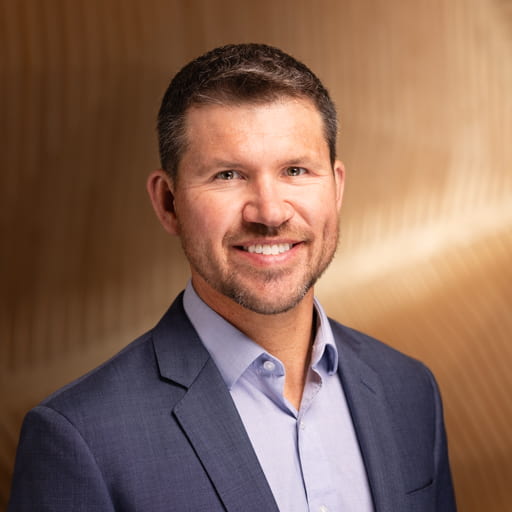
Josh Leonard
Northwestern University
https://www.leonard.northwestern.edu/
Dr. Leonard trained in chemical engineering, receiving a B.S. from Stanford University and a Ph.D. from UC Berkeley, where he worked with David Schaffer and earned a management certificate from the Haas School of Business. He completed postdoctoral training at the National Cancer Institute. Now on the faculty of Northwestern University in Chemical and Biological Engineering, Leonard's group engineers novel biological systems for biotechnology and medicine, focusing on mammalian synthetic biology. His team develops programmable cell-based devices and novel gene therapy platforms. He directs Northwestern's Biotechnology Training Program and is a founder of Syenex. Dr. Leonard is a founding member of Northwestern's Center for Synthetic Biology.
Relevant Publication: https://www.biorxiv.org/content/10.1101/2024.09.28.615614v1
Relevant Publication: https://www.biorxiv.org/content/10.1101/2024.03.23.586421v1
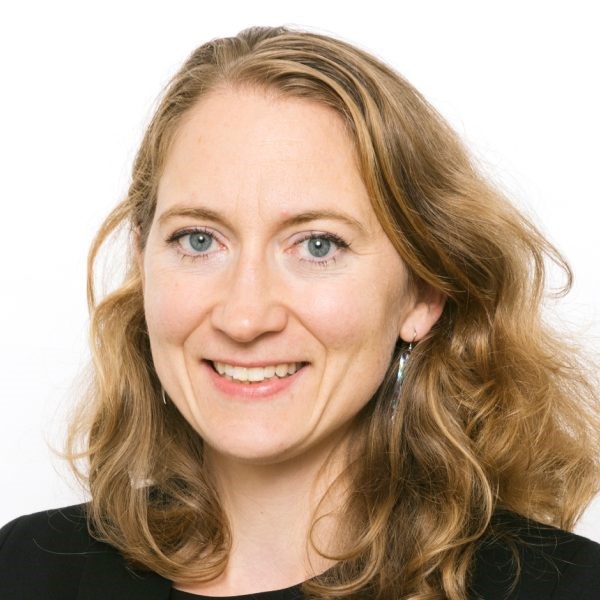
Karin Pelka
karin.pelka@gladstone.ucsf.edu
Gladstone Institutes
https://gladstone.org/people/karin-pelka#research
Dr. Karin Pelka is an Assistant Investigator at Gladstone Institutes and an Assistant Professor in the Department of Microbiology and Immunology at UCSF. Her lab studies the cellular interactions that shape immune responses in human tumors, focusing on how these responses are regulated. Using a combination of large-scale genomic analyses and tissue imaging approaches, she has identified hubs in tumor tissues where tumor cells come into close contact with immune cells. By characterizing the cells in these hubs, and the gene networks that are turned on in these cells, she aims to uncover novel ways to harness the immune system in the fight against cancer.
Relevant Publication: https://pubmed.ncbi.nlm.nih.gov/34450029/
Relevant Publication: http://pubmed.ncbi.nlm.nih.gov/36702949/
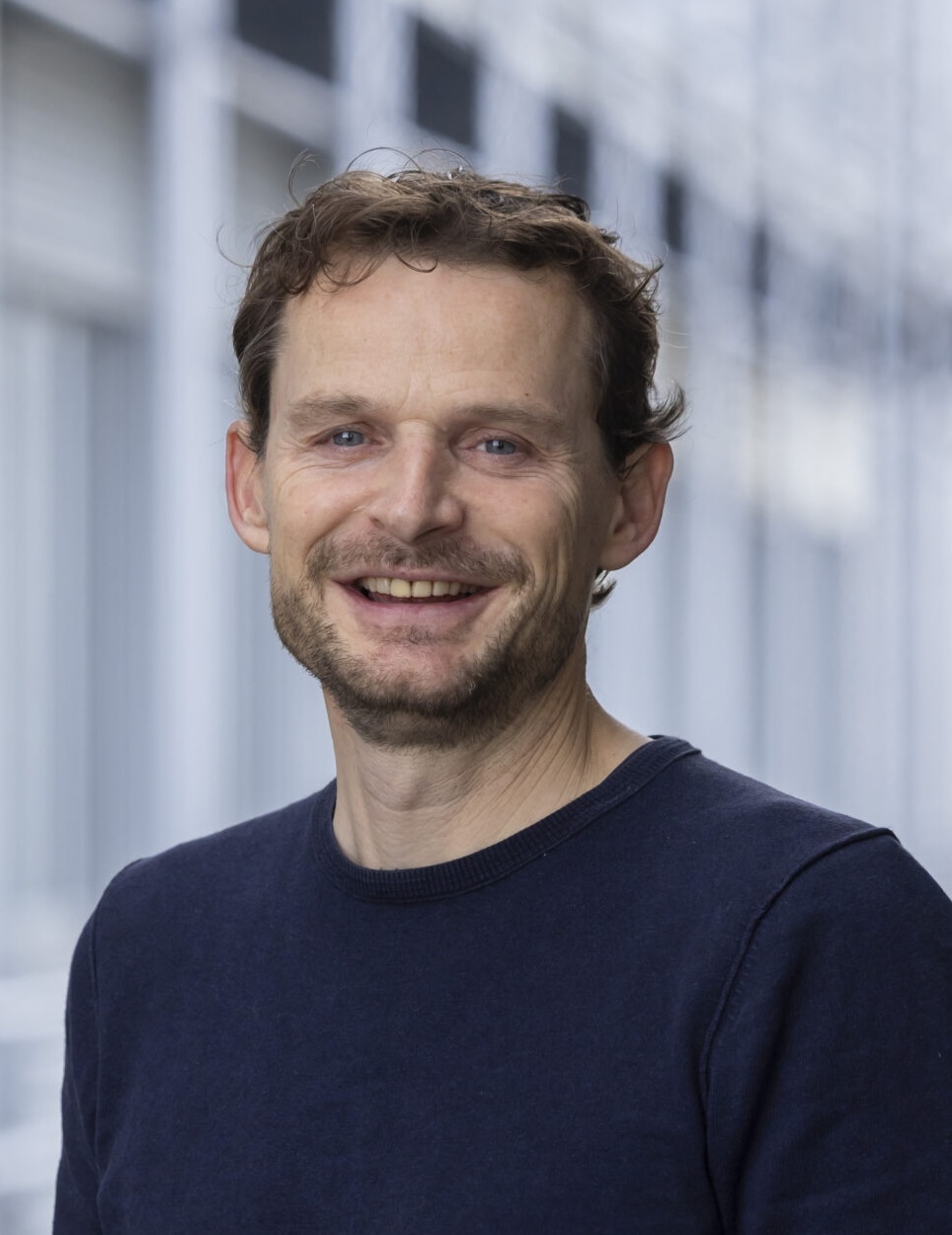
Lucas Pelkmans
University of Zurich
https://pelkmanslab.org/
Lucas was born in Nijmegen, The Netherlands. He studied Medical Biology at the University of Utrecht from 1993-1999, and did his PhD in Biochemistry at the ETH Zurich from 1999-2003. He was then a postdoctoral fellow at the Max Planck Institute of Molecular Cell Biology and Genetics in Dresden, Germany. In 2005, he became assistant professor at the Institute of Molecular Systems Biology of the ETH Zurich, and in 2010 he was elected Ernst Hadorn Chair at the University of Zurich in the Department of Molecular Life Sciences.
Relevant Publication: https://pubmed.ncbi.nlm.nih.gov/35857483/
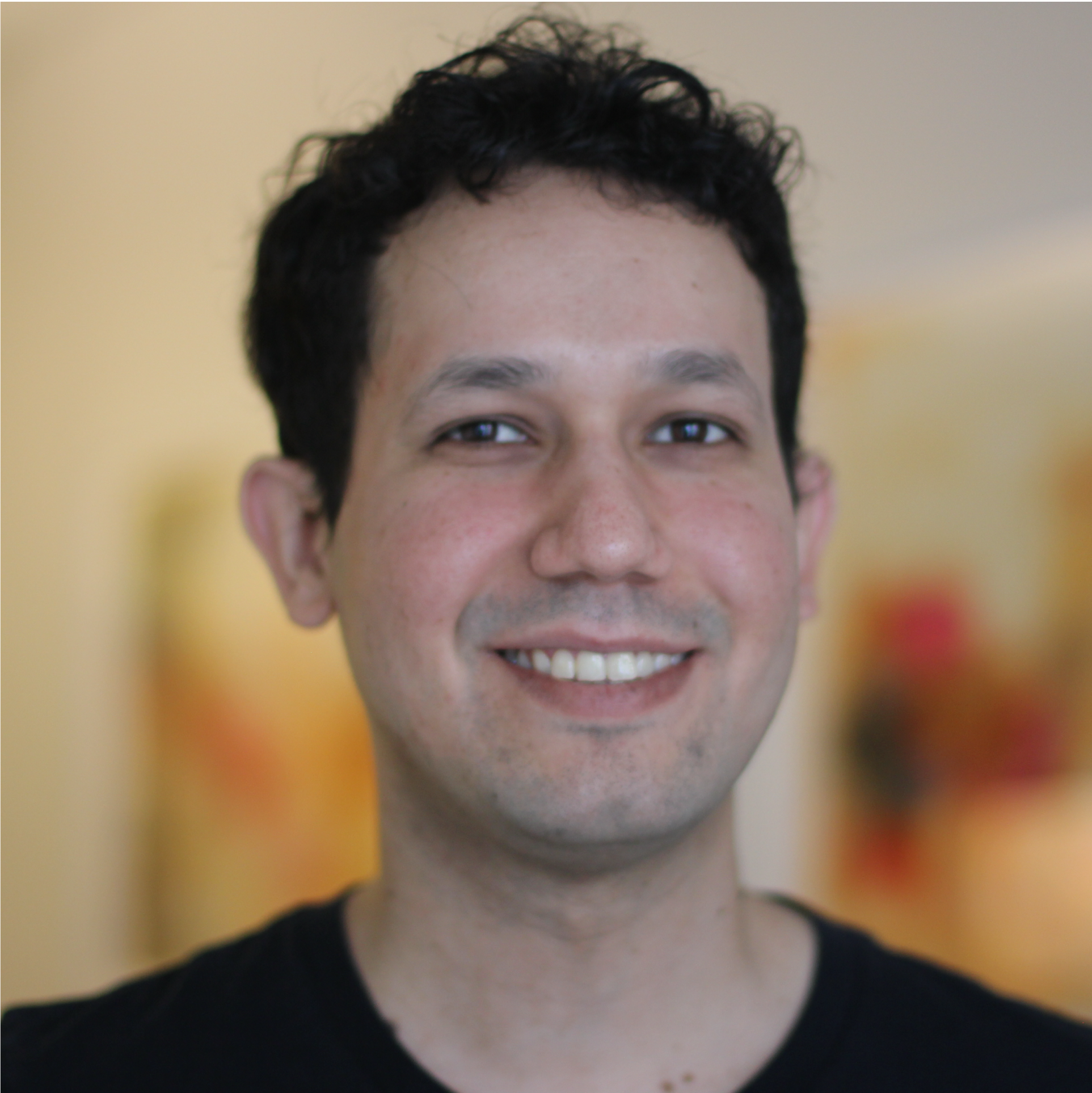
José Reyes
Memorial Sloan Kettering Cancer Center
https://www.mskcc.org/research/ski/labs/scott-lowe
José received his undergraduate degree in Genomic Sciences from UNAM, México. He then joined the Systems Biology PhD Program at Harvard University. Under the mentorship of Galit Lahav, he studied how and why individual cells enact distinct cell fate programs when exposed to DNA damage. Jointly advised by Scott Lowe and Dana Pe’er, he aims to understand what makes individual cells special in their ability to develop into a malignant tumor and how do these outlier cells emerge in the course of tumor progression.
Relevant Publication: https://pubmed.ncbi.nlm.nih.gov/37167403/
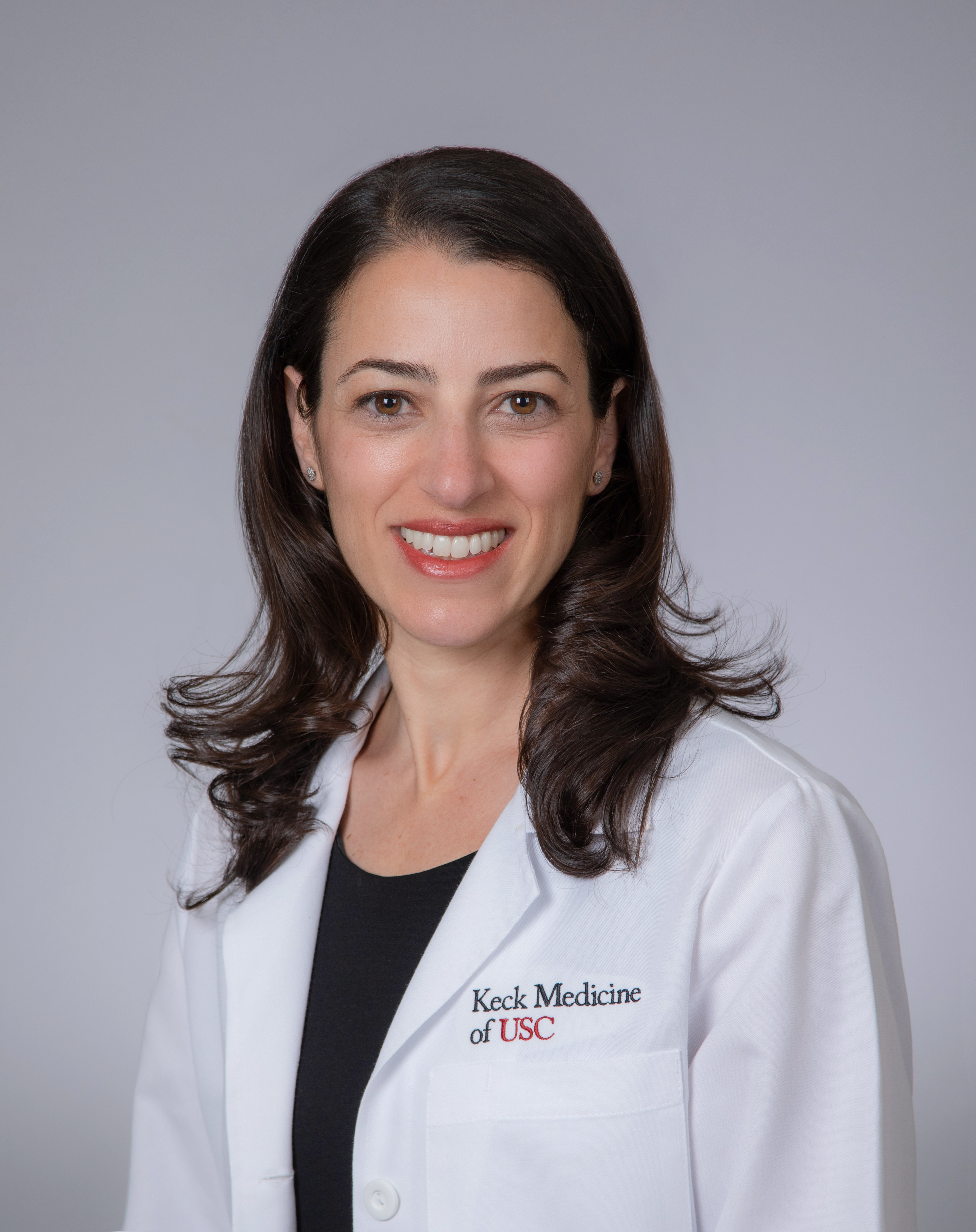
Evanthia Roussos Torres
Evanthia.Roussostorres@med.usc.edu
University of Southern California
https://sites.usc.edu/roussostorreslab/
Dr. Roussos Torres is an Assistant Professor of Medicine in the Division of Medical Oncology at Keck School of Medicine at USC with a focus in breast cancer. She is a physician scientist whose research focuses on tumor immunology and immunotherapy. After completing her combined MD/PhD from the Medical Scientist Training Program at the Albert Einstein College of Medicine she completed her residency in internal medicine at the Hospital of the University of Pennsylvania and her oncology fellowship at Johns Hopkins University where she began her faculty career. Dr. Roussos Torres moved to USC in 2019 and was appointed as a Co-Leader of the Tumor Immune Microenvironment Program at the Norris Comprehensive Cancer Center. She runs her own NCI funded translational research program aimed at understanding the role of innate immunity to find ways to reverse immune escape and improve the adaptive immune response influenced by checkpoint inhibition.
Relevant Publication: https://pubmed.ncbi.nlm.nih.gov/38355777/
Relevant Publication: https://pubmed.ncbi.nlm.nih.gov/36848523/
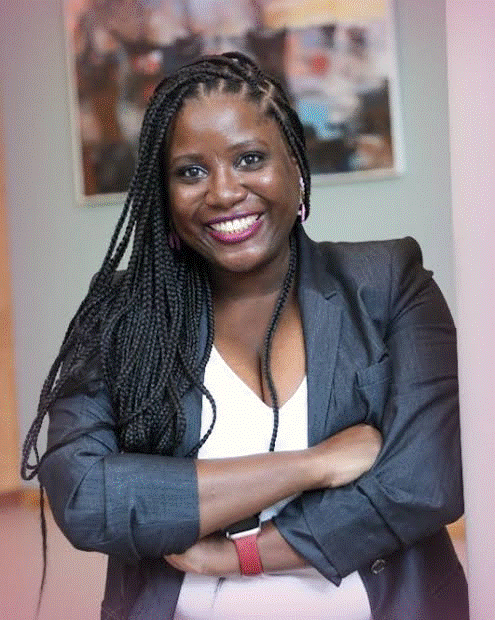
Elizabeth Wayne
University of Washington
https://bioe.uw.edu/portfolio-items/elizabeth-wayne/
Dr. Elizabeth Wayne is an Assistant Professor in Bioengineering at the University of Washington. Dr. Wayne received her BA in Physics from the University of Pennsylvania and MS and PhD degrees in Biomedical Engineering from Cornell University. At Cornell, she studied microglia in brain metastasis in the NCI Physical Sciences in Oncology Network. She was subsequently an NCI Cancer Nanotechnology Training Program T32 postdoctoral fellow at the University of North Carolina at Chapel Hill working under the supervision of Professor Alexander Kabanov. The Wayne Research Group uses synthetic biology and nanoparticles to modulate monocyte cell fate within chronic diseases, exploring three broad themes: delivery, diagnostics, and discovery. Dr. Wayne is a member of the inaugural American Institute for Medical and Biological Engineering (AIMBE) Emerging Leaders Program cohort, which recognizes rising leaders in the field.
